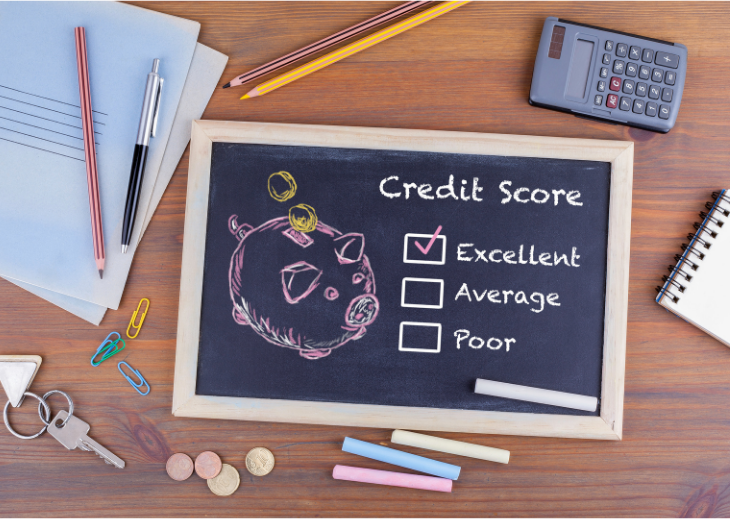
Credit Counseling
Credit Counseling
What is credit counseling?
Credit counseling organizations can advise you on your money and debts, help you with a budget, and offer money management workshops.
Credit counseling organizations are usually non-profit organizations. Typically, their counselors are certified and trained in the areas of consumer credit, money and debt management, and budgeting. Counselors discuss your financial situation with you and help you develop a personalized plan to solve your money problems. Here are some examples of what credit counselors might do:
- Advise you on managing your money and debts
- Help you develop a budget
- Help you get a copy of your credit report and scores
- May offer free educational materials and workshops
- Organize a “debt management plan” to pay down your debts
Lexington Law Affiliate Program-
Credit Repair
Lexington Law is here to help you meet your credit score goals. Our credit repair services can help you work to remove the inaccurate or unfair negative items listed on your credit report.
A credit repair company is an organization that helps you understand and repair your credit by analyzing your credit report and disputing inaccuracies with credit bureaus and creditors. Credit repair companies have the experience and knowledge to tackle credit issues that could be difficult to resolve on your own.
This expertise makes the credit repair process easier for customers. Companies know what to look for, understand the process needed to fix inaccuracies, and are informed on what clients are legally entitled to request from both credit bureaus and creditors.
Credit Unmasked – Maximizing The Power of Credit
If you are considering doing your own credit repair, then there are a few things that you should do to get prepared. First, obtain a free copy of your credit report from all three major credit reporting agencies. You can obtain your credit report for free annually online at www.annualcreditreport.com. Review your report for inaccuracies. Make notes of any mistakes or disputes that you find. Be prepared to keep accurate records of settlement and repayment agreements. Use a prepaid card when making payments and do not give your bank account information to creditors. The following is a list of top ten books for credit repair. These books will guide you step-by-step with repairing your credit.
Learn to:
- Fix damaged credit or beef up thin credit
- Recover from credit score hits caused by mortgage foreclosure or identity theft
- Reduce insurance costs, qualify for banking products, and get better rates on loans
- Take advantage of new consumer protections
Jump-start your credit score with this comprehensive credit repair guide
If you need to clean up your credit, this updated resource is full of information to help you get your credit reports looking great, pay down debt, and keep your credit clean. You’ll find out how to deal with debt collectors, dispute inaccurate information in your credit reports, and set financial goals to stay on track.
- Simple, proven steps — get an overview of working with debt collectors, filing for bankruptcy, and more
- Rebuilding credit — explore options for starting or restarting credit, recovering from bankruptcy or identity theft, and much more
- Big brother — find out how credit reporting works, how your spending is watched, and how to monitor your credit for optimal results
- Credit management for life — discover how to create a realistic spending plan and protect your credit during major life changes
- FICO facts — dive into the latest information on FICO and VantageScore credit scoring
- Student loans 101 — find out how to best deal with student loans and avoid defaulting
- Mortgage meltdown — get updated information on how to keep your home when foreclosure looms
Open the book and find:
- Information on how credit reporting works
- Tips on cleaning up your credit reports
- Updated credit scoring examples with new ranges
- Tricks for dealing with creditors and debt collectors
- Sources of free professional help
- The lowdown on preventing identity theft and mortgage foreclosure
- Advice on starting or restarting credit in real life
- Tips on taking a sustainable approach to credit
